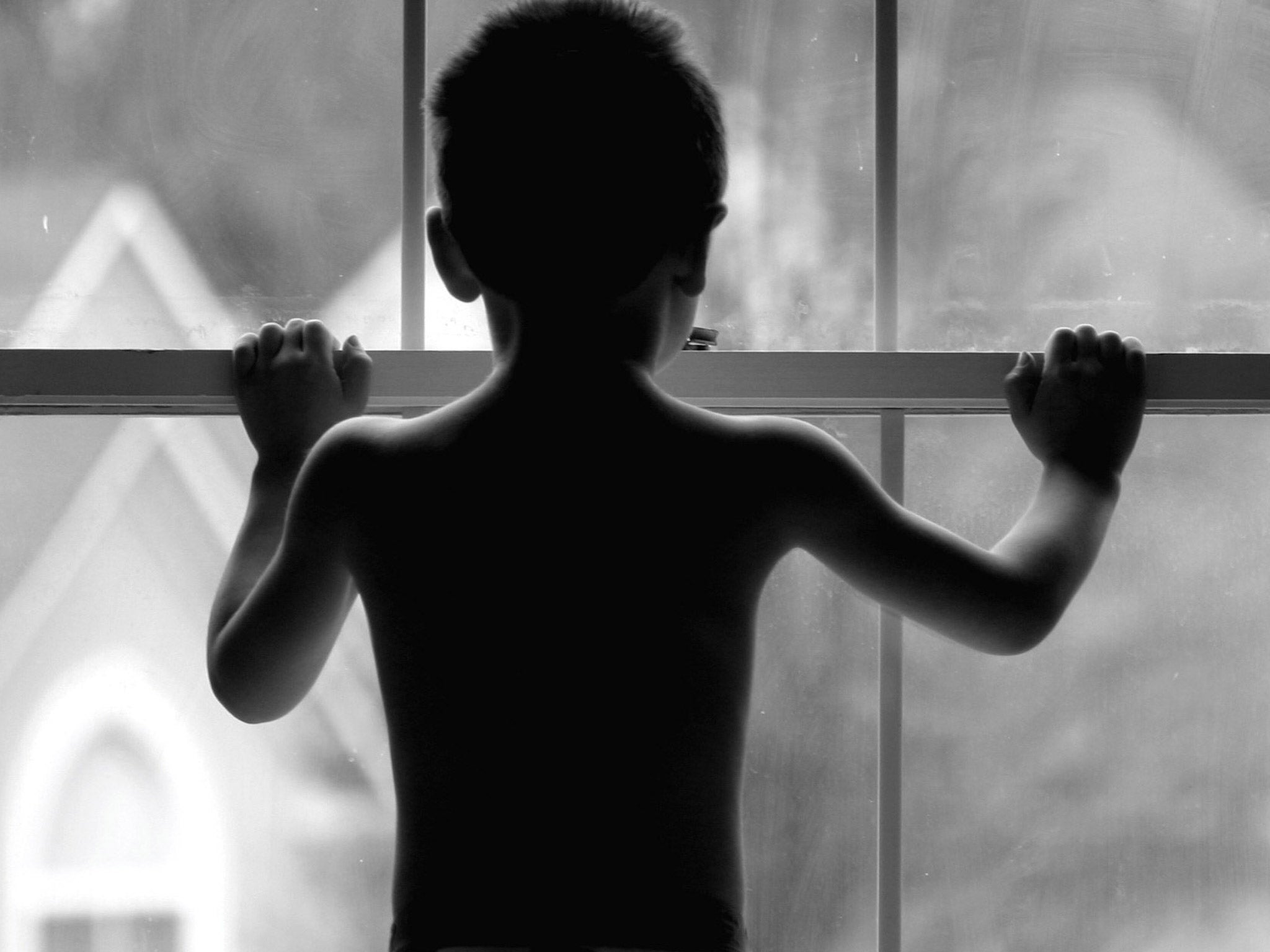263 children sectioned under the mental health act were held in police cells last year
Mental health care at breaking point with severe bed shortage, say MPs

Ministers must end the “wholly unacceptable” practice of holding children sectioned under the Mental Health Act in police cells, MPs have said.
In a damning assessment of the state of NHS children and adolescents’ mental healthcare, the Health Select Committee said there were “serious and deeply ingrained problems” throughout England.
A severe shortage of beds in mental health hospitals means that often children must be taken to facilities many miles away from home.
In 2012/13 there were also 263 instances of children being held in police cells – often because there were no beds in hospital available.
The committee said it would be “unthinkable” for a child suffering a physical health problem to be held in a cell and called on the Department of Health to be “explicit in setting out how this practice will be eradicated”.
Children’s doctors said that the “crisis” in children’s mental health had been ignored and was now becoming “a hidden epidemic”.
Local NHS organisations, which are under severe financial pressure, have disproportionately cut funding for mental health services, and there has been a fall in both the number of nurses and the number of doctors working in the sector.
The health committee said that some local mental health services had “increased referral thresholds” for young people requiring psychiatric help, meaning that only the most severely affected are getting appointments. MPs heard from patients and parents who had been forced to “battle” to get access to care, the report said.
The Royal College of Paediatrics and Child Health (RCPCH) estimates that one in 10 children has a diagnosable mental health disorder. However, a national survey of children’s and young people’s mental health has not been carried out for 10 years and there is concern that NHS managers have been planning services without vital information about disease prevalence.
Health minister Norman Lamb, who has set up a taskforce to improve children’s mental health services, backed the report.
However, Labour’s shadow Health Secretary Andy Burnham said the state of mental health services for young people had become “a national disgrace”.
“Mental health services have got worse and worse on this Government’s watch and are now at breaking point,” he said.
Dr Hilary Cass, president of the Royal College of Paediatrics and Child Health, said that if the problems seen in mental health services were happening in physical health care, it would deemed “a national scandal”.
“For too long policy makers have failed to tackle the crisis in child and adolescent mental health,” she said. “So much so that it is now becoming a hidden epidemic.”
Join our commenting forum
Join thought-provoking conversations, follow other Independent readers and see their replies
Comments
Bookmark popover
Removed from bookmarks